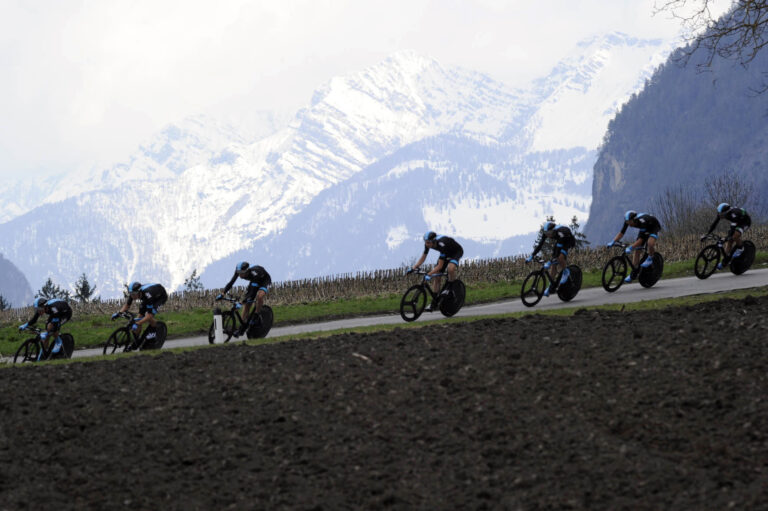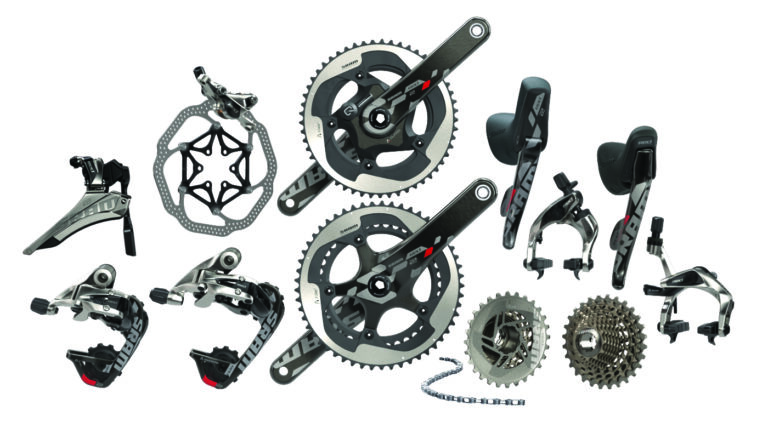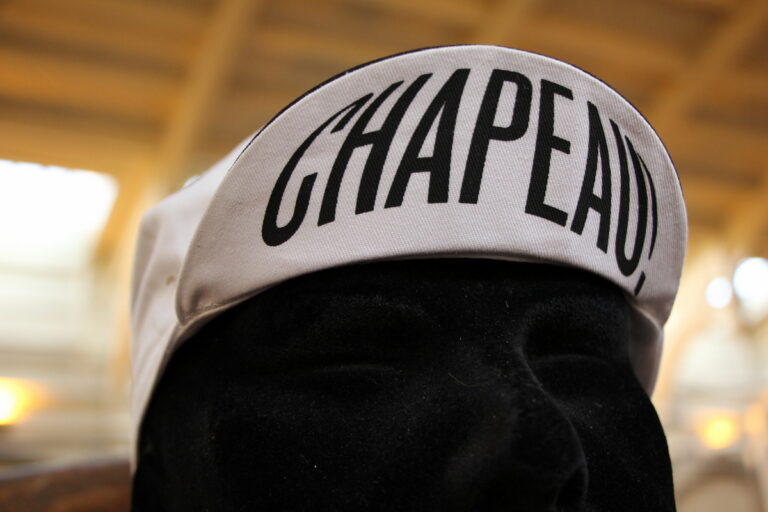The Grand Tour champion should be easy to identify in a room filled with mortals, but Carlos Sastre, winner in 2008 of the world’s greatest bike race, does not cut a remarkable figure.
Dressed in jeans, a crisp white shirt and short blue jacket, Sastre blends in rather than stands out at an exclusive event held 33 floors above street level in the City of London to launch the 2013 Trois Etapes pro am road race.
Face him across a table, however, and there is an unmistakable toughness in his demeanour. Personable, but business-like, his eyes brighten only when the conversation turns to his retirement and the time he spends with his family. For the rest, he wears the resigned, almost weary expression of his racing career.
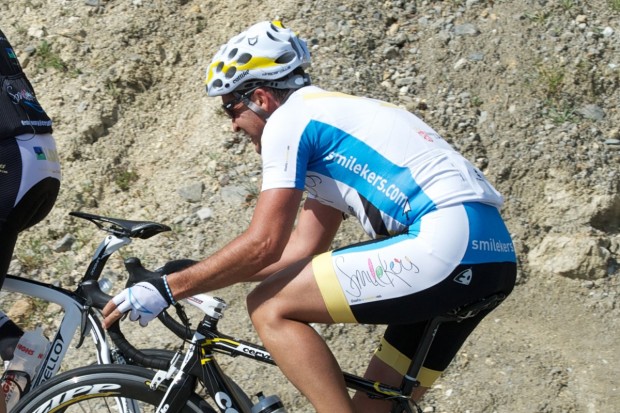
Sastre’s triumph in the Tour de France is arguably the great lost victory of the race’s 99 editions. He accepts no credit, however, for his status as a clean winner in a decade the Tour would rather forget. Sastre leaves others to “talk shit about cycling and riders”. He will not. The implicit complement, that his victory was achieved with an integrity beyond most of his contemporaries, is rebuffed. Choose 100 words to describe cycling, he says; ‘doping’ will be the only bad one.
Sastre is content that the value of his achievements is recognised by people whom, he says, love cycling. Those achievements, it is perhaps worth reminding ourselves, extend far beyond his greatest victory. The Spaniard recorded seven podium finishes in Grand Tours during a 12-year career that ended in 2011. Prestige and respect, he adds, are the rewards of a lifetime’s effort, not those of a single day.
With such an impressive record in Grand Tours, Sastre is ideally placed to offer an insight into the qualities required to win a race lasting three weeks. He identifies experience as the principal quality for a team leader. How else would he learn how to instruct his helpers? He offers the analogy of an apprentice engineer studying the intricacies of his profession, and says the results of those he served as a domestique are his too.
Talk of Grand Tours and team leadership at a function in London leads inevitably to the only British rider who can claim an achievement to match Sastre’s. The Spaniard’s expression softens when the topic of Sir Bradley Wiggins is introduced to our conversation. He refers to Wiggins by his Christian name, and correctly identifies him as the third place finisher in the 2009 Tour de France. Sastre admires Wiggins’ apparent calmness, characterising the Londoner as one who makes a noise only when there is a need.
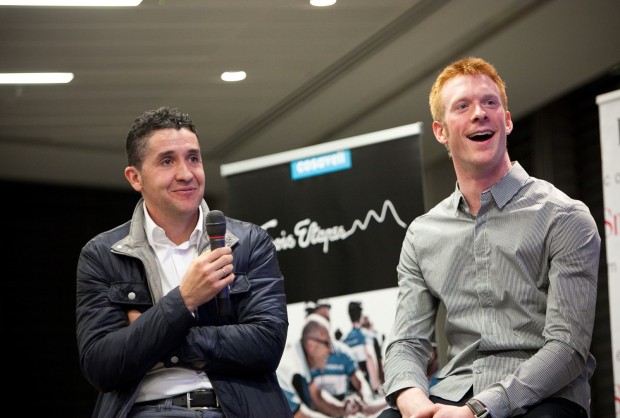
He looks almost sorry when I ask if Wiggins can win this year’s Giro d’Italia. “Maybe it’s too hard,” he says, repeating the phrase and shaking his head. He identifies the reigning Tour de France champion’s progress through the mountains as constant rather than explosive. Such an approach is unsuited to the Giro, he believes.
As with Wiggins, Sastre’s greatest success came late in his career. The Londoner was 32 when he won last year’s Tour; the Spaniard, a year older when he had entered Paris in yellow four years earlier. Sastre talks of a career developed step by step, and of its greatest opportunity seized at the moment he was ready, “physically and mentally”. His ride to the summit of Alpe d’Huez was certainly the most inspiring victory of the 2008 Tour.
“I am very happy,” he says of his retirement, but the statement is hardly necessary. The warmth of his expression when describing his day-to-day existence at his home outside Madrid, supporting his two children in their studies and activities while his wife works, attests to his satisfaction with life.
A family man with an untarnished reputation after 12 years at professional cycling’s elite level, it is little wonder that he is the star turn of the Trois Etapes, a four-day, pro am race in the French Alps with seriously impressive fundraising credentials ($1.7m for good causes from last year’s inaugural race; $600,000 raised before this year’s event begins on July 26). Sastre is the most accomplished of an impressive list of team captains.
Guests at the launch event, among them some of the City’s most senior figures, wait for autographs and to have their photograph taken with the Spaniard. Answering questions on stage, Sastre is relaxed and jovial, playfully contradicting the dietary advice given by double Olympic champion, Ed Clancy, to those in the room who will contest the event this summer.
Arguably the lowest profile of all recent Tour de France winners, Sastre says he is content to be respected by those who love cycling, and has patently not sought fame. Fame, however, has found him, and those who love cycling, if an exclusive gathering in the City of London is a guide, love Carlos Sastre also.
Fifteen teams will ride the Trois Etapes, a four-stage pro am road race in the French Alps from July 26 to 29. Channel Four will broadcast highlights. Last year’s race raised $1.7m for a range of causes, including support for injured service personnel, for communities from Angola to the Himalayas, and for men battling prostate cancer. Visit Trois Etapes for more.

